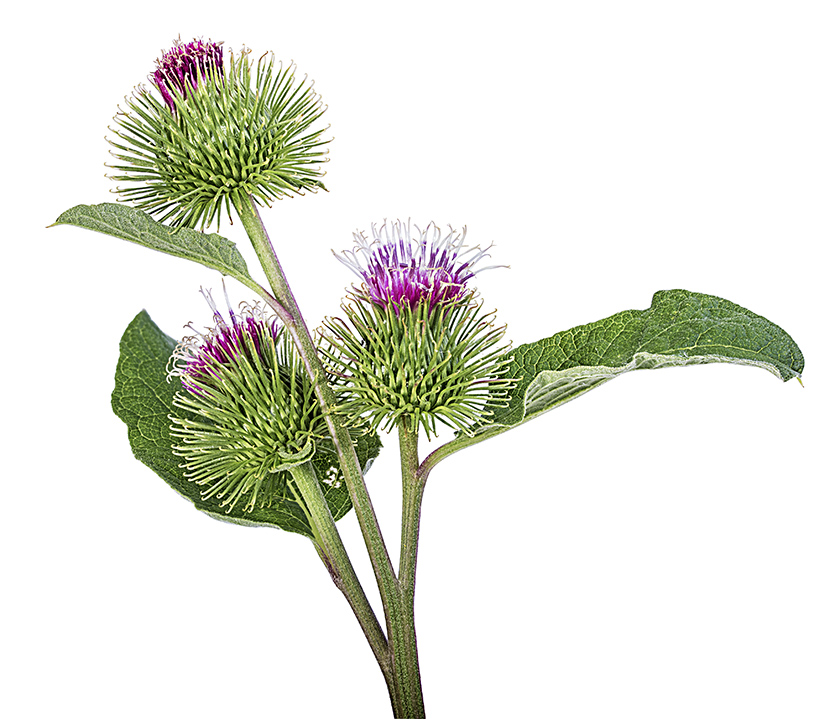
Canada thistle is a perennial, noxious weed that has spear-like leaves with sharp barbs. This species has a deep and extensive root system that can rapidly grow back from even a small piece of root.
This problematic weed is hard to control due to its swift growth that is spread through both its seeds and roots. It chokes-out neighbouring plants which reduces the diversity and overall strength of native plants and grasses. It also spreads over trails and can restrict access through its prickly foliage.
Native plants and grasses are low maintenance but they still require some amount of upkeep each year. If not controlled, Canada thistle numbers will increase in any area that it is found.
RidgeWood West establishes the native plants and grasses until they are ready to be turned over to the City of Winnipeg. This includes an annual weed control program consisting of spot spraying invasive weeds at optimal times, as well as scheduled controlled burns to maintain healthiness.
Spot-spraying thistle helps control the flowering of the weed. Their leaves absorb the weed control solution, which then penetrates down into their roots, killing the plant. This helps to reduce current growth among the native plants and grasses while reducing the potential for future regrowth.
During this process, we partner with experienced consultants and contractors who regularly monitor the native plants and grasses to ensure that they are establishing well.
Thistle and potentially other invasive weed species typically infest areas that lack any maintenance which usually occur once they are established. If you notice any thistle in your area please call the City of Winnipeg through 311 or email info@ridgewoodwest.com as the timing of spot spraying thistle is critical to see the best results over time.
To help prevent the spread of thistle, do not mow paths in the native plants and grasses or discard soil into those areas. If thistle spreads onto your property, hand pull the plant at the bud when it is in its early flowering stage from mid to late July. This will reduce thistle populations if done over several years.
Weeds are inevitable in nature but with due diligence we can maintain and protect our native plant and grass habitats throughout our communities from harmful weed species.